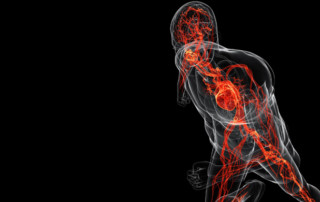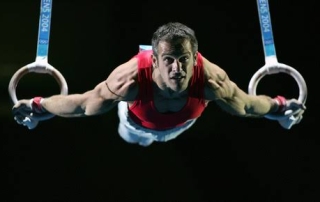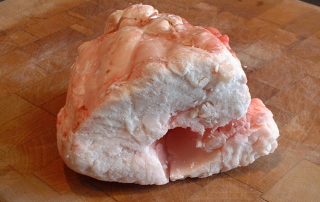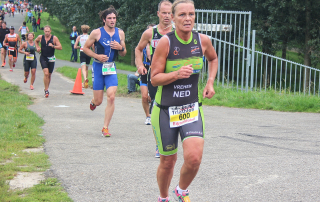Examine the relationship between physiological adaptations and improved performance resulting from aerobic training
Examine the relationship between physiological adaptations and improved performance resulting from aerobic training comes from the HSC PDHPE syllabus asks you to examine the relationship between the principles of training, physiological adaptations and improved performance for Factors Affecting Performance under principles of training. Below I have provided some information that would help examine the relationship [...]










